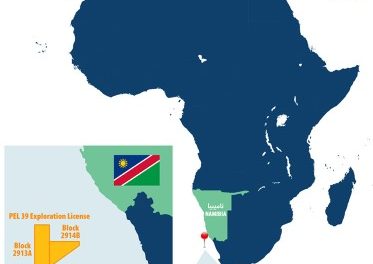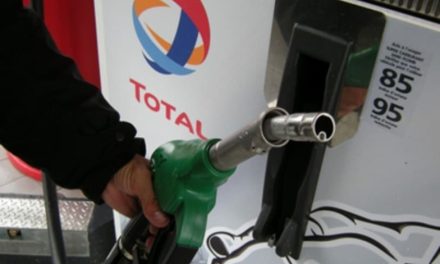
Battery energy storage system set to revolutionize energy sector – Construction to commence in February 2024

Power utility, NamPower, inked an agreement this week with the Chinese state-owned Shandong Electrical Engineering & Equipment Group (SDEE) and Zhejiang Narada Power Source joint venture.
The collaborative effort is aimed at spearheading the development of the country’s inaugural 54 MW/54 MWH utility-scale Battery Energy Storage System (BESS).
The BESS represents a monumental advancement enabling the storage and timely distribution of electricity as per demand, an essential innovation in the country’s energy infrastructure.
Facilitating this project is the generous support of the KfW Development Bank, offering 20 million Euros (approx. 400 million Namibian dollars) in grant funding designated for the Omburu BESS Project.
NamPower assumes the role of the Project Executing Agency, underscoring its significance as a part of the developmental collaboration between Namibia and Germany. The Chinese firms, in turn, have been enlisted as contractors for the project’s execution.
Kahenge Haulofu, NamPower’s Managing Director, emphasized the pivotal nature of the Omburu BESS, stating, “The project will help the government accomplish its goals outlined in national planning policies and the national integrated resource plan by ensuring electricity supply security and cost-efficient self-sufficiency.”
He further noted its role in supporting renewable energy commitments, emphasizing its importance in the country’s energy landscape.
Highlighting the multifaceted advantages, Haulofu mentioned that post-commissioning, the BESS would offer energy-shifting capabilities, emergency energy provision, and ancillary services.
Additionally, it is expected to play a crucial role in the transition towards low-carbon and environmentally sustainable energy systems.
In a speech read on her behalf, Wihencia Uiras, Executive Director of Namibia’s National Planning Commission, emphasized the significance of the BESS project in the country’s energy aspirations. Uiras noted, “The BESS project represents a pivotal step towards achieving our national energy goals,” underlining its potential to enhance grid stability and foster the integration of renewable energy sources.
Expressing commitment and determination, Jin Bei, a representative from SDEE, pledged to construct a state-of-the-art facility, aiming to make it a benchmark in Namibia’s new energy domain.
Scheduled to commence in February 2024, the project is slated for completion within approximately 550 days. The batteries, anticipated to endure around 10 years or 4000 cycles, underscore a sustainable long-term energy solution for the nation.
This pioneering project marks a significant stride in reducing the country’s overreliance on external sources and sets the stage for a more self-sufficient energy landscape.













































